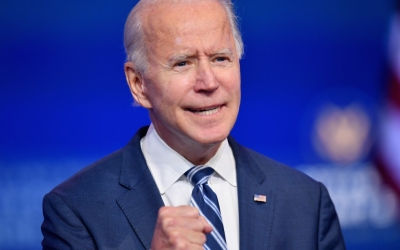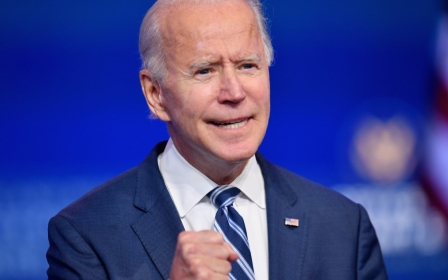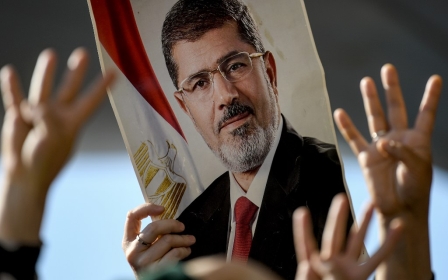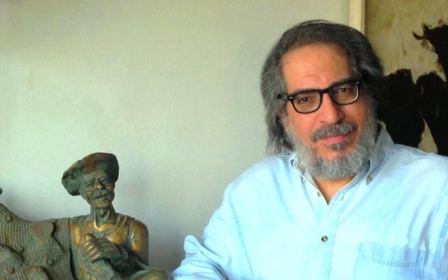Turkey: Diplomatic contact has resumed with Egypt, says foreign minister
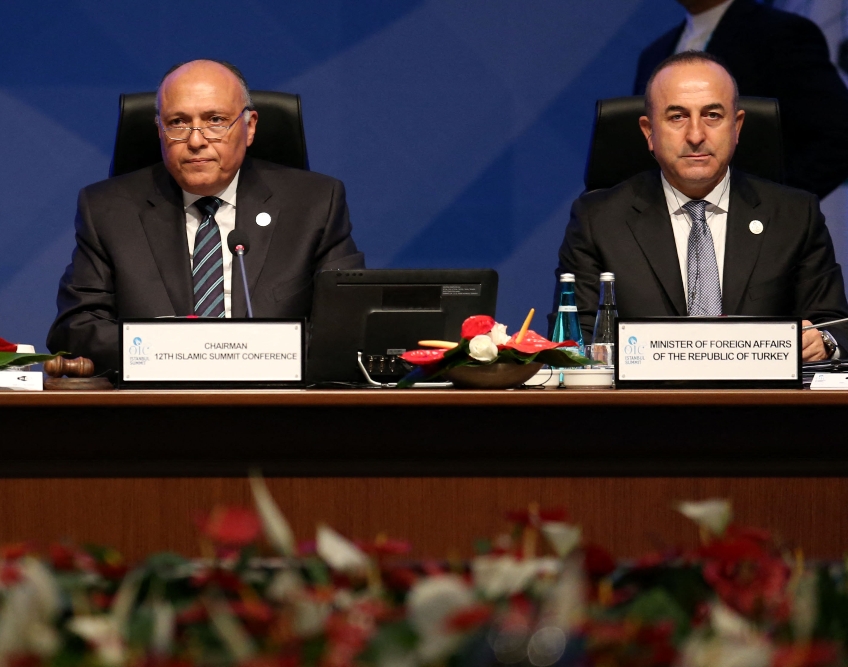
Turkey and Egypt have started formal diplomatic-level contacts after a hiatus of several years, Turkish Foreign Minister Mevlut Cavusoglu said on Friday.
The two countries have had only intermittent contact since 2013, after the Egyptian army overthrew the democratically elected President Mohamed Morsi, who was affiliated with the Muslim Brotherhood.
Following the coup against Ankara-backed Morsi, many Muslim Brotherhood members left Egypt and made their way to Turkey.
The two regional powers have sparred over several issues in recent years, including the war in Libya, where they backed rival sides, and maritime disagreements.
Cavusoglu said earlier this month that Ankara was prepared to negotiate a new maritime agreement for the eastern Mediterranean with Cairo. Greece and Egypt are at odds with Turkey over a maritime boundary dispute in the eastern Mediterranean, concerning rights to search for and exploit natural gas deposits.
Athens has said it expects US President Joe Biden's administration to play a "more decisive role" in calming tensions in the eastern Mediterranean.
On Friday, Cavusoglu told Turkish state media: "We have had contacts both at the level of intelligence and foreign ministries with Egypt. Diplomatic-level contacts have started.”
The Anadolu state news agency quoted the minister as saying that a lack of trust was normal at the early stages of such a discussion.
"For this reason, negotiations are taking place and continuing under a certain strategy and road map," he said.
Middle East Eye delivers independent and unrivalled coverage and analysis of the Middle East, North Africa and beyond. To learn more about republishing this content and the associated fees, please fill out this form. More about MEE can be found here.


